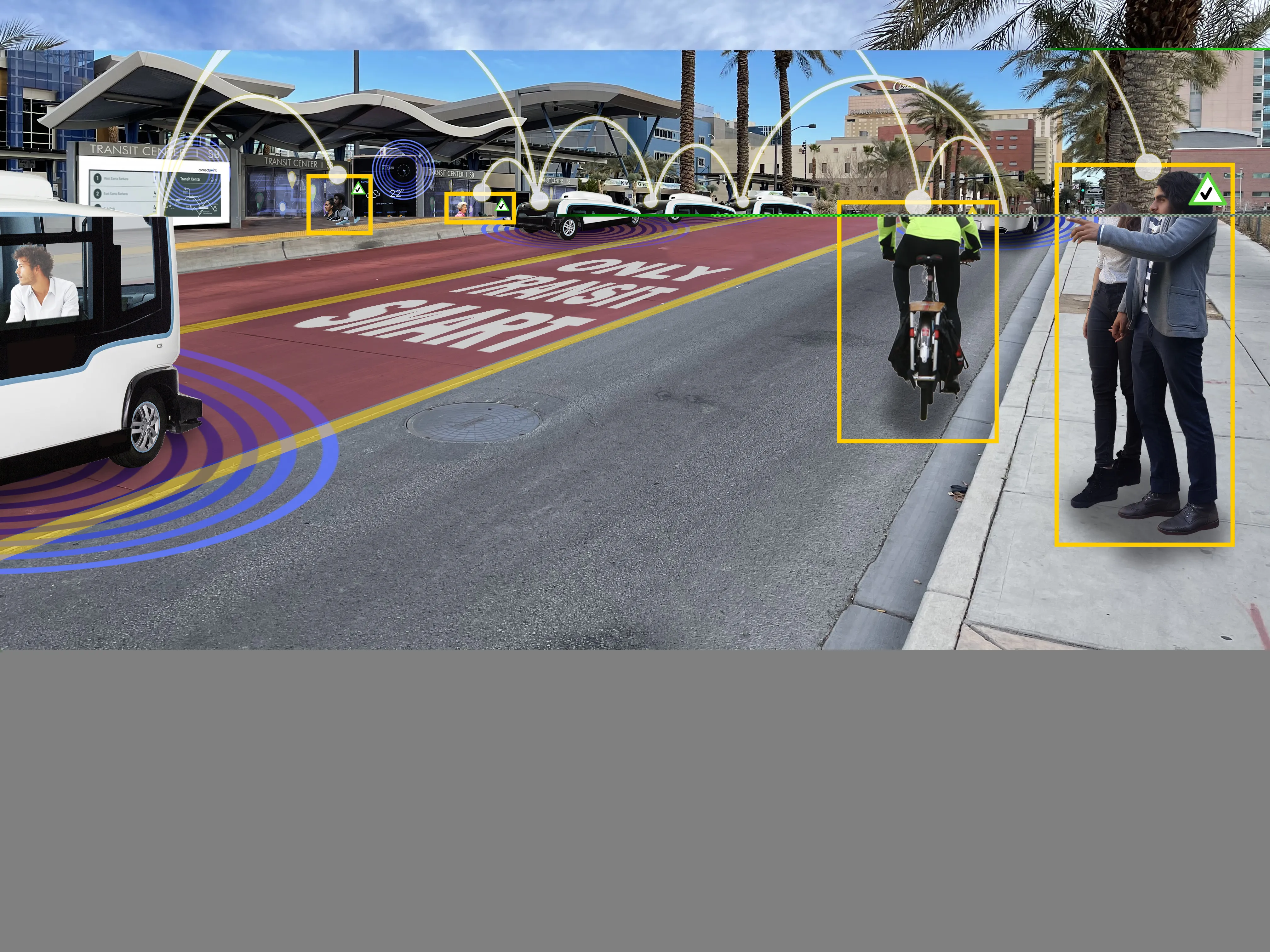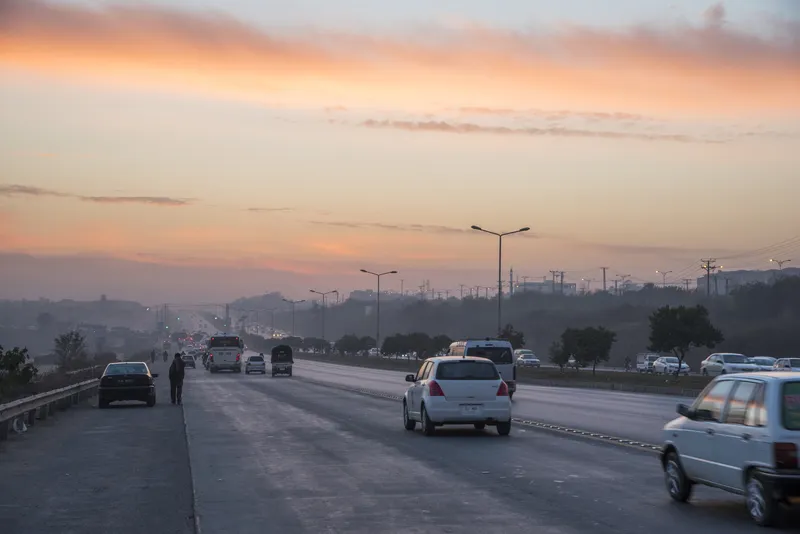
PTV Group and Econolite have unveiled their latest portfolio under the umbrella brand Umovity for the first time.
The merger of the two companies was designed to dovetail PTV's traffic planning software with Econolite's traffic management hardware, such as cabinets.
During their Mobility Tech Update on LinkedIn Live, various representatives from both companies laid out developments in modelling and simulation, data and analytics, real-time traffic management and prediction and on-site operations.
Introducing the update, Christian U. Haas, CEO of Econolite and PTV Group, said: "Driven by customer needs, we aim to provide applications tailored to specific use cases, while maintaining a portfolio of standard products for a consistent user experience."
He also pointed to the ways that newer technologies are influencing traffic planning and management: "AI and machine learning is already pivotal in shaping the future of mobility."
Highlights of the shared portfolio include the new version of PTV Visum - Visum 2024 - which has integrated activity-based modelling (ABM) calculation. Michael Oliver, PTV director, professional services, said it has "significantly sped up the shortest-path search for timetabled public transport", with what the firm says is a "100-times speed boost".
"There is also a new tool to merge data from different networks," Oliver continues, plus the new version supports elevation data import for accurate modelling of active modes like bicycles. There is also an extended set of GIS tools.
"All lists can be exported to MS Excel with a single click," he adds.
Steffen Wekeck, PTV vice president, engineering mobility, says that the PTV/Econolite merger has created "completely new opportunities to connect products and use cases".
As an example, traffic engineering software PTV Vistro 2024 is now integrated with Econolite's Centracs advanced traffic management system, bridging signal timing analysis with traffic impact studies. Wekeck adds: "The tedious manual coding is gone."
Other new features of Vistro include emissions and electric vehicle impact calculations, along with the integration of leading pedestrian intervals (LPI) into Vissim.
And Marilo Martin-Gasulla, PTV product manager, academia & research, says that ITE's trip generation API is now included, along with a route-based optimisation and new roundabout visualisation.
When it comes to PTV Vissim & Viswalk, pedestrian simulation has been "extensively reworked".
Matthias Pfriem, PTV senior product manager, says multiple driving behaviours have been added, along with updated 3D models of vehicles from the US, Europe, Japan and China.
"Multiple routes can be edited in one single operation," he adds, "which provides a real-time preview of the outcome".
Econolite's EOS Controller can be now seamlessly integrated into Vissim, empowering users to replicate controller logic within traffic simulations.
Other developments include the emphasis on pollution control in the latest version of the PTV Optima traffic management product.
Product manager Daniele Tiddi says: "There is a display of live air quality data from Bosch air quality sensors", as well as multiple TomTom feeds.










